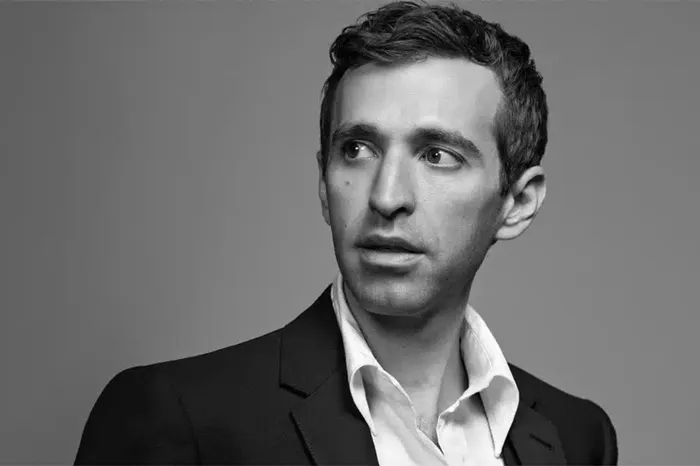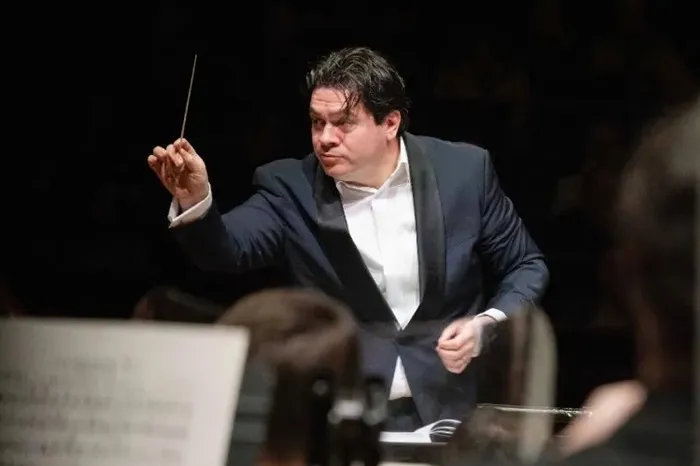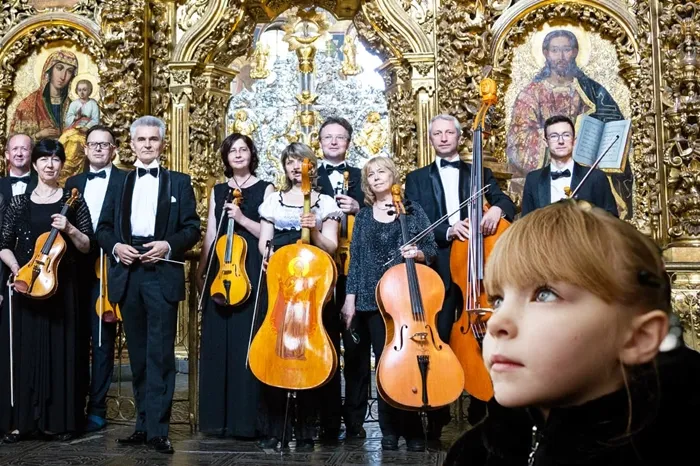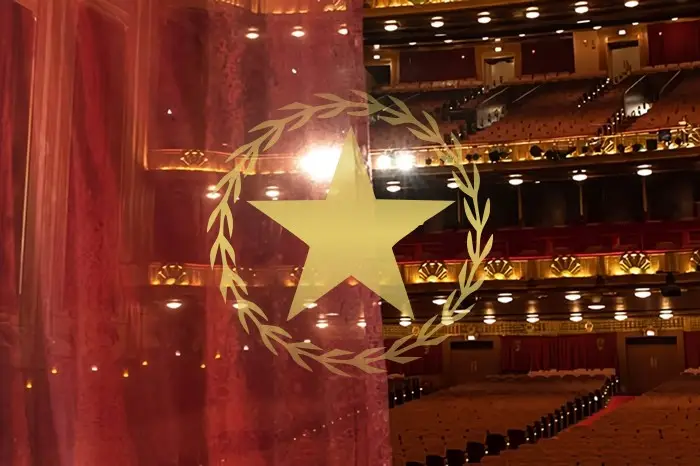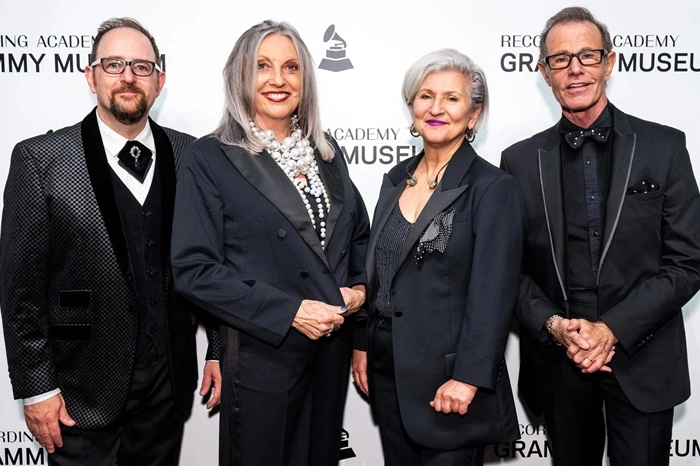
Between the parade of vintage videos on the big screen before the concert and the group hug at the close, The Manhattan Transfer had a lot of history to cover Friday night (Dec. 15) at Walt Disney Concert Hall — 50 years’ worth.
Why such a retrospective from a compulsively adventurous vocal quartet that could never stand artistically still for long? This was the final concert of the group’s final world tour, and its final concert, period — or so they say.
The reason for the Transfer calling it quits is one that several pop stars who made it out of the 20th century have cited lately. “The road life just got too hard,” Alan Paul, 74, one of the two remaining original members of the Transfer, admitted. “And schlepping doesn’t swing,” he added.
So it was bound to be an emotional evening — and if this was their last concert, Paul, original member Janis Siegel, Cheryl Bentyne, and Trist Curless went out with their tight-knit, vibrant blend of voices still intact, still able to rev up the energy level in a big concert hall.
To put things into perspective, The Manhattan Transfer transcended its deceptive beginnings as a mere nostalgia act into something much more interesting and creative. The quartet became the heirs to Lambert, Hendricks & Ross — the now-legendary champions of vocalese (the setting of complicated lyrics to recorded solos by jazz instrumentalists). The baton had been passed to the Transfer by Jon Hendricks himself, who wrote several sets of lyrics just for the group.
And the Transfer wouldn’t stop there. Over the years, these singers embraced doo-wop, soul, R&B, classic jazz, swing, American pop, jazz-rock, funk, and more, sometimes electronically altering their voices and recording techniques to create otherworldly genres that defied labels. “We get bored easily,” late founder Tim Hauser laconically told me just around the time the ensemble released what might be its most daring and emotionally moving album, Brasil (1987), which took songs by contemporary Brazilian composers toward an electrified brand of North and South American tropicalismo all its own.
With a good, experienced big band, The Diva Jazz Orchestra, as backing at Disney Hall, the Transfer went back to the beginning of its odyssey to start the concert, reviving songs from the swing era like “Tuxedo Junction,” “Blue Champagne,” “Snootie Little Cutie,” and an often-repeated favorite, the Ink Spots’ “Java Jive.” But then came the first breakthrough into true Hendricks vocalese, “Four Brothers,” which had all of the old pizzazz in the solos and group vocals.
Following a letter of congratulations from jazz LP fan Vice President Kamala Harris — as read by record producer Mervyn Warren — the Divas left the stage to a jazz quartet led by the Transfer’s faithful musical director and keyboardist of the last 44 years, Yaron Gershovsky. The set then veered more strongly toward jazz and funk, as the Transfer — now clad in snazzier outfits — trucked along “Route 66” (complete with a film of the road past and present) and nailed the Hendricks treatment of Clifford Brown’s “Sing Joy Spring,” with Siegel and Curless very much in command of the complex solos. There was only one tune from Brasil — Gilberto Gil’s “Hear the Voices” set in kind of a samba-funk hybrid.
The big band returned for a token Christmas number, “Happy Holiday” (the Transfer has done entire holiday sets at Disney Hall in past Decembers), followed by a chug-chugging “Choo Choo Ch’Boogie” — again with the quartet’s energy level undiminished. The only recent number in this retrospective was a jazz-plus-harmony-rap transformation of Herbie Hancock’s “Cantaloupe Island” into “Cantaloop” — with Bentyne still able to squeeze out those high notes way above the staff.
More high points from the Transfer’s discography — the buoyant doo-wop swinger “Trickle Trickle” and the quartet’s only Top 10 single, “The Boy From New York City” — tumbled from out of the group as the uninterrupted two-hour-plus concert drew to a close. But you knew there had to be one more — “Birdland.” That song marked one of the peak moments in Playboy Jazz Festival history, when the Transfer performed it with its composer Joe Zawinul and Weather Report at the Hollywood Bowl in 1982 — and it became the singers’ signature tune from that moment on. It rocked and streaked along as always.
The only sour note of the evening was the amplification — loud, congested, fatiguing, mostly an opaque mess that made the lyrics impossible to understand in a few numbers. Which was surprising because the Transfer has played this room several times before, and the sound was always pretty good, if memory serves.
Regardless, The Manhattan Transfer’s last stand was a reasonably thorough look back at where the quartet has been, mixing obvious hits with some deep cuts, leaving out just a few of the ensemble’s many directions. Most of all, the group remained a vital, energetic unit to the end — and I have a funny feeling that although these singers say this was their last concert, we haven’t heard the last of them.
